
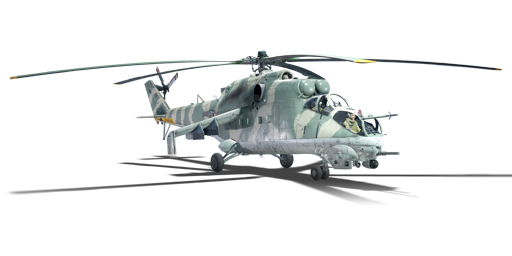


In 1976, a slight modernization was applied to the Mi-24D, using technology and systems previously tested on prototypes only. The new Hind was to replace its aging Falanga ATGMs with 9M114 Shturm ATGMs, which not only had more range and better guidance, but were smaller and lighter, allowing the new Hind to carry twice as much of them as the Falanga. This new variant also featured an updated fire control system, and was quickly pressed into service as the Mi-24V. The V variant would become the most commonly operated and single most produced model of the Mi-24 family, with over 1500 made. It should be noted that to alternate designations exist for the Mi-24V: In Polish service, it was referred to as the Mi-24W, and for unknown reasons, a single Mi-24V prototype was called the Mi-24T officially at some point.
The Mi-24V (NATO reporting name: Hind-E) introduced in Update 1.81 "The Valkyries", is the most common variant of the Mi-24 produced. The Mi-24V has been highly modernized compared to the preceding Hind-A. It has the signature tandem bubble canopies introduced from the Hind-D onward for a sleeker appearance and better visibility. Firepower has been greatly improved: on top of the internal 12.7 mm gatling gun mounted in a chin turret, the Mi-24V can carry various combinations of 57mm rocket pods, S-24 heavy rockets, 9M114 Shturm ATGMs, unguided bombs, gun pods, and even all aspect R-60M air-to-air missiles for self defence against air threats. Survivability is bolstered by exhaust suppression, IRCM, and flare dispensers. The Mi-24V is one of the most feature-packed helicopters at its battle rating and can be a major threat to ground and air targets alike when utilized and positioned correctly
| Belt | Belt filling | Armor penetration (mm) at a distance: | |||||
|---|---|---|---|---|---|---|---|
| 10 m | 100 m | 500 m | 1000 m | 1500 m | 2000 m | ||
| AP-I/API-T/AP-I/AP-I/AP-I/AP-I | 29 | 27 | 20 | 13 | 9 | 6 | |
| AP-I/AP-I/IAI/IAI/IAI/API-T | 29 | 27 | 20 | 13 | 9 | 6 | |
| IAI/AP/AP/AP/API-T/AP | 31 | 30 | 22 | 16 | 11 | 8 | |
| IAI/API-T/IAI/IAI/IAI/IAI | 29 | 27 | 20 | 13 | 9 | 6 | |
| Name | Weight | Slot | ||||||
|---|---|---|---|---|---|---|---|---|
| 2 × | 93 kg | 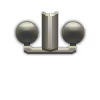 |  |  |  | |||
| 43.5 kg |  |  | ||||||
| 2 × | 87 kg |  |  | |||||
| 44 kg | 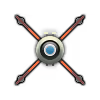 |  | ||||||
| 2 × | 88 kg |  |  | |||||
| 20 × | 326 kg |  |  |  |  | |||
| 235 kg | 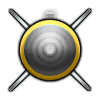 |  |  |  | ||||
| 250 kg | 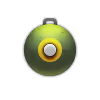 |  |  |  | ||||
| 94.3 kg |  |  |  |  | ||||
| 2 × | 352.2 kg | 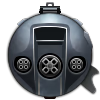 |  |  |  | |||
| 478 kg | 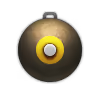 |  | ||||||












Flight performance |
|---|
Survivability |
|---|
Weaponry | ||||
|---|---|---|---|---|